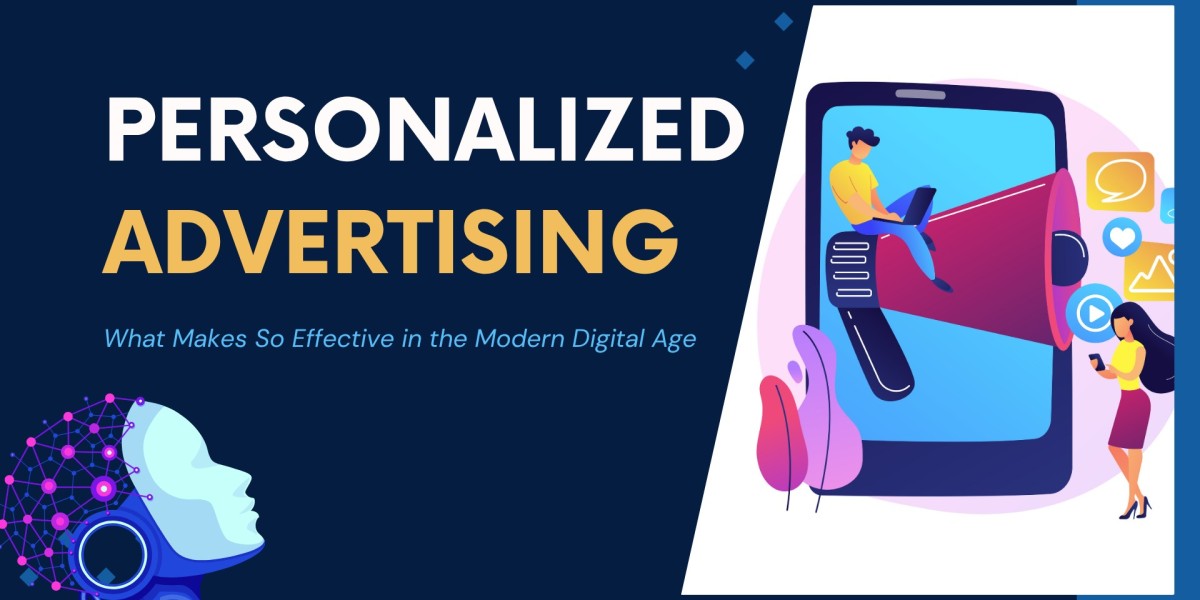In today's hyperconnected world, where every swipe and click leaves a digital footprint, brands can no longer rely on one-size-fits-all marketing. This shift in consumer behavior has led to the rise of personalized advertising, a strategy that tailors content to individual preferences, behaviors, and needs. By leveraging data and cutting-edge technologies, marketers can deliver messages that resonate deeply with specific audiences, enhancing both engagement and conversion rates.
One of the most groundbreaking developments fueling this evolution is the integration of AI in Advertising. Artificial intelligence has redefined how brands collect insights, interpret behavior, and deliver tailored messaging at scale. Unlike traditional advertising, which relies heavily on assumptions and generalizations, AI enables marketers to create campaigns that speak directly to individuals.
The Role of AI in Hyper-Targeted Campaigns
Tools powered by AI content creation not only analyze massive datasets but also draw meaningful insights about consumer preferences, shopping patterns, and online behavior. These insights allow brands to segment audiences more precisely and predict what type of content will likely generate a response.
Let’s consider an example: two users visit the same e-commerce site. User A browses athletic gear while User B lingers on luxury watches. With AI-driven systems, these interactions are instantly captured and used to serve two entirely different ads - one featuring the latest running shoes and the other promoting premium timepieces. The results? Higher relevance, better engagement, and higher ROI.
AI Content Creation: Changing the Game
Gone are the days when ad creatives were limited by human bandwidth. Thanks to AI Content Creation, businesses can now generate high-quality, customized content from copy to visuals in a fraction of the time. Whether it’s dynamic headlines, personalized product recommendations, or even video ads, AI tools adapt content on the fly based on user data.
This dynamic content generation ensures that users are always presented with messaging that aligns with their current interests or needs. It’s just about showing the right ad at the right time in the right format.
Enhancing Customer Experience through AI Personalized Ad Strategies
Customer experience is the new battleground for brands, and AI personalized ad strategies are leading the charge. Unlike traditional campaigns, which often feel intrusive or irrelevant, AI powered ads are seen as helpful and intuitive. Why? Because they feel more like recommendations than sales pitches.
For instance, streaming services like Netflix or Spotify use AI to recommend shows and music tailored to user tastes. This same logic is being applied in advertising; if a user consistently interacts with travel-related content, they’re more likely to see ads for destinations, gear, or travel insurance. This gradually increases brand familiarity and trust.
Moreover, AI doesn't just personalize for individuals - it continually learns and evolves. Every interaction helps refine future recommendations, creating a feedback loop that continuously enhances campaign performance.
Challenges and Ethical Considerations
While the benefits are clear, AI personalized ads also come with challenges. Data privacy is a major concern, especially in light of regulations like GDPR and CCPA. Brands must balance personalization with transparency, ensuring users know how their data is used and that they have control over it.
Another challenge is avoiding over-personalization. When ads become too tailored, they can feel invasive or even creepy.
Also, watch this video - How To Create Health & Wellness Ads with AdsGPT?
Wrapping Up
In a landscape where relevance drives results, personalized advertising stands out as a powerful approach for building meaningful connections with consumers. By aligning messages with individual interests and behaviors, it transforms marketing from interruption into interaction. As audiences continue to expect more tailored experiences, this strategy is set to play an even greater role in shaping the future of digital engagement.







